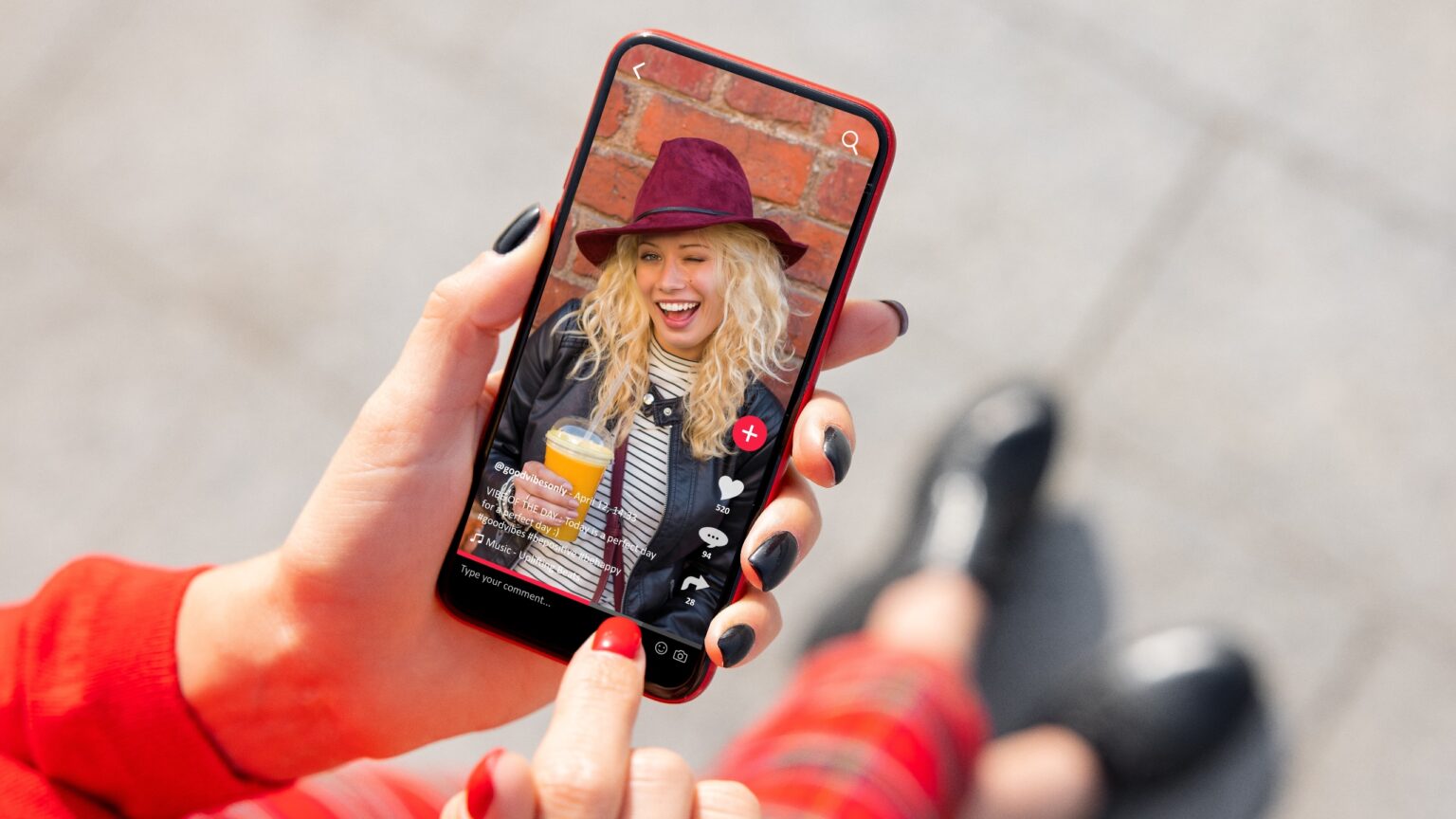A nonprofit organization that advocates for safe internet for kids, ParentsTogether, has penned an open letter complaining that AI-generated TikTok influencers promote fake lifestyles to kids and teens, pressuring them into depression.
The organization garnered 12,000 parents’ signatures on the open letter to TikTok CEO Shou Zi Chew, raising their concerns and requests for the social media platform to label “fake AI-generated influencers.”
AI influencers are indistinguishable
This comes as parents discover numerous fake AI influencers that are promoted to kids’ and teens’ accounts. The new TikTok trend features fake AI influencers on videos that are not labeled, potentially misleading kids and teens into believing them to be real. ParentsTogether warned parents of the danger at hand: that AI-generated influencers are “indistinguishable from real people.”
“TikTok relies on creators to label their content as AI-generated, but there is no agreed-upon label, with companies using terms like “virtual girl” and “virtual influencer” to obfuscate,” noted the lobby group.
“Many videos from AI-generated accounts are unlabeled on the videos themselves and would require young users to navigate to the influencer’s profile to determine the influencer isn’t a real person,” added the organization.
Also read: European Commission Launches One-Stop Shop for AI Supercomputers for Startups
Chasing unrealistic beauty standards
According to their findings, some of these fake influencers are claiming to be following specific diets, skin care routines, and fitness plans. This has created false hope among kids and teens who are, according to the parents, now chasing after unrealistic beauty standards.
While these AI-generated influencers can be of any race or age group, researchers have reportedly noted that TikTok frequently promotes those that appear to be upper middle class, thin, and white.
“Social media may perpetuate body dissatisfaction, disordered eating behaviors, social comparison, and low self-esteem, especially among adolescent girls,” warned US Surgeon General Dr. Vivek Murthy.
This is not the first time the social media platform has been caught up in controversy over kids and teens. Last year, Utah Attorney General Sean Reyes announced a lawsuit against TikTok for allegedly being addictive to teens and kids, creating mental health problems for them.
Why kids and teens are at risk
While the use of AI-generated influencers is a relatively new phenomenon, they are quickly gaining traction, with companies using them as their models.
As ParentsTogether, this trend is worrisome when one factors in the impact and influence these have on kids and teens. The organization carried out a survey in 2021 that showed that social media features such as beauty filters contributed to teens’ negative body image, depression, and anxiety.
The study also showed that kids and teens who spend about 18 hours and above on social media are likely to dislike their appearances more than those who spend less than eight hours a week.
It also emerged that 52% of teens indicated they used beauty filters to change their looks, while 60% said “using beauty filters makes them feel worse about how they look in real life.”
As part of the study, teens were shown 10 images of celebrities in a “real or fake” quiz, and 70% had a failing score, showing teens could not easily identify beauty filters when used on social media.
These results have also solidified ParentsTogether’s concerns. Campaign director at ParentsTogether, Shelby Knox, said that even media-savvy adults cannot easily tell real from AI-generated content, which should even be harder for kids.
“The growing trend of AI-generated influencers acting like real humans on TikTok is incredibly dangerous for children and teens,” said Knox.
“These computer algorithms present people with models of impossible beauty, diet, and exercise standards, which can trigger eating disorders and lead to body dysmorphia. TikTok has a responsibility to its young users to clearly label AI and virtual influencers on all their videos,” added Knox.
A necessary evil
However, while exposure to social media and AI influencers has created problems for kids and teens, experts also think social media is a necessary evil.
In an earlier article by Sheknows, Dr. Ariana Hoet, an executive clinical director of On Our Sleeves, said social media can be helpful when used correctly and allow kids and teens to connect. It becomes worrisome when social media replaces real-life interactions or extracurricular activities they used to enjoy.
“They’ve done their activities. Let them spend time playing their video game or scrolling TikTok. It’s those kids that aren’t doing those other activities that I worry about,” she said.
The American Psychological Association, however, recommended new guidelines in May 2023 to protect kids against harmful content and the adverse impacts of social media on their health. Last year, Meta was slapped with a lawsuit accusing its platforms like Facebook, Instagram, and WhatsApp of deliberately being addictive to kids and teens, posing a threat to their mental health.
The suit alleges that kids and teens were plunged into depression, anxiety, and insomnia due to the use of these platforms.









 and then
and then